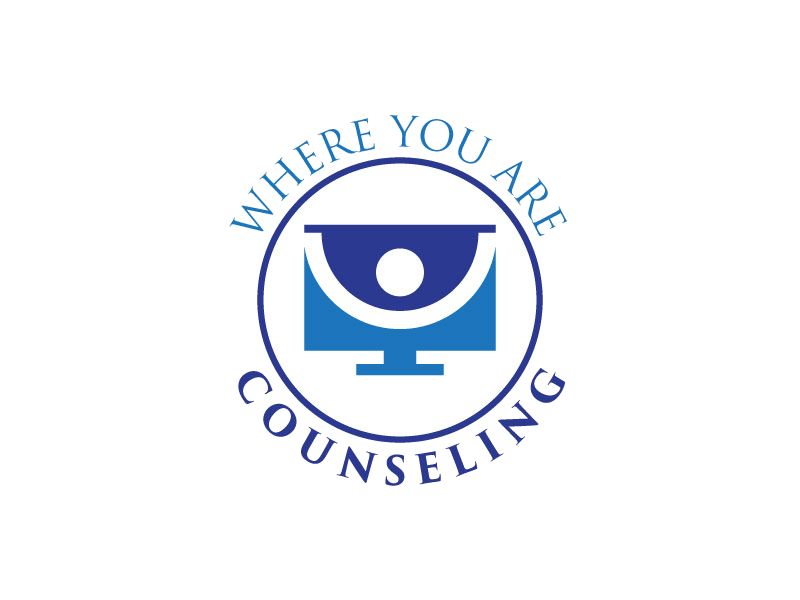7 Health and Wellness Tips for Maintaining Sobriety
It's no secret that addiction recovery is hard work. But it's worth it, and sobriety is possible for anyone willing to put in the effort. If you're currently in recovery, congratulations! You've taken the first step towards a healthy and happy life.
Now it's time to focus on maintaining your sobriety. This can seem daunting, but it doesn't have to overwhelm you. Incorporating healthy habits into your daily routine can help you stay on track and achieve your goals. Where You Are Counseling has listed seven tips to get you started:
1. Declutter Your Home and Office
A cluttered space can be overwhelming and lead to anxiety and stress. Creating a calm and organized environment will help you feel more in control of your life and better able to handle whatever comes your way.
Consider taking a weekend to thoroughly declutter your living environment. Get rid of any items you don't need or use, and organize everything in a way that makes sense to you.
If you have a home office, now is also the time to reorganize, create a storage system, and update your tech tools. Having an organized and functional space will help you stay productive and focused throughout the day. And it will also help you appear more professional during meetings!
2. Exercise Regularly
Exercise releases endorphins, which have mood-boosting effects. It can also help reduce stress and anxiety, improve sleep, and promote overall physical health. Find a physical activity or two (e.g., running, weightlifting, swimming, etc.) that you can commit to three days a week, even if it’s just 15 minutes per session. Find great walking spots nearby, then gradually work your way up to 30 minutes, five days a week.
3. Mind Your Diet
Eating healthy foods helps your body function at its best and gives you the energy you need to power through your day. Many diets can help you live more healthily, but focusing on vegetables, leafy greens, fruits, and lean proteins is a great place to start! And avoiding processed foods, sugary drinks, and excessive caffeine will keep you feeling balanced and focused.
It’s common for people new to recovery to start consuming a lot of caffeine, which can dehydrate you. If you’re a big coffee drinker, consider switching some of your consumption to decaf coffee. Because caffeine is a diuretic, decaf coffee will help you stay hydrated. However, caffeine has been shown to help some people who are in recovery. So if you choose to drink caffeine, do it in moderation and balance it out with water for overall health.
4. Get Plenty of Rest and Relaxation
Taking time for yourself is crucial in maintaining your sobriety. When you're well-rested, you're better able to handle stress and make clear-headed decisions. Find activities you can do each day for relaxation, and create a bedtime routine that helps you get at least seven hours of restful sleep each night.
5. Redefine What's Fun for You
Just because you're sober doesn't mean you can't have fun! Finding sobriety-friendly activities that make you happy is a critical part of maintaining your recovery goals. Here are a few ideas:
● Spending time in nature
● Going to the movies or theater
● Trying new restaurants
● Taking a dance or cooking class
● Joining a sports team or hiking group
6. Hang Out with People Who Support Your Recovery Goals
You can expect ups and downs throughout your recovery. Surround yourself with positive people who will lift you up when you're struggling and offer support when times are tough. These people will be invaluable in helping you maintain your sobriety for the long term.
7. Seek Professional Help When Needed
Don't be afraid to seek professional help from a therapist or counselor if you feel you're struggling. These professionals can provide additional support and guidance when needed. You may even find it helpful to locate local drug rehab options as they generally offer a wider range of support services, including inpatient and outpatient options, mental health support, anger management, and life skills training.
If, on the other hand, you are more comfortable with telehealth support, then contact Where You Are Counseling to set up a remote appointment with someone who can help.
Many insurances will cover mental health treatments. If you don’t receive health insurance from your employer, shop for insurance on the ACA exchange. It’s an easy way to comparison shop different offerings and find the plan that works best for you.
Be an Active Participant in Your Recovery
Addiction recovery takes time, effort, and dedication. But if you're willing (better yet — eager) to commit to the work, you can position yourself to flourish long-term.
Implementing the healthy habits above will go a long way in helping your recovery. So what are you waiting for? The sooner you get started, the sooner you'll be on your way to living a sober, happy, and healthy life!
Written for Where You are Counseling by guest blogger, Robert Scmitt.
